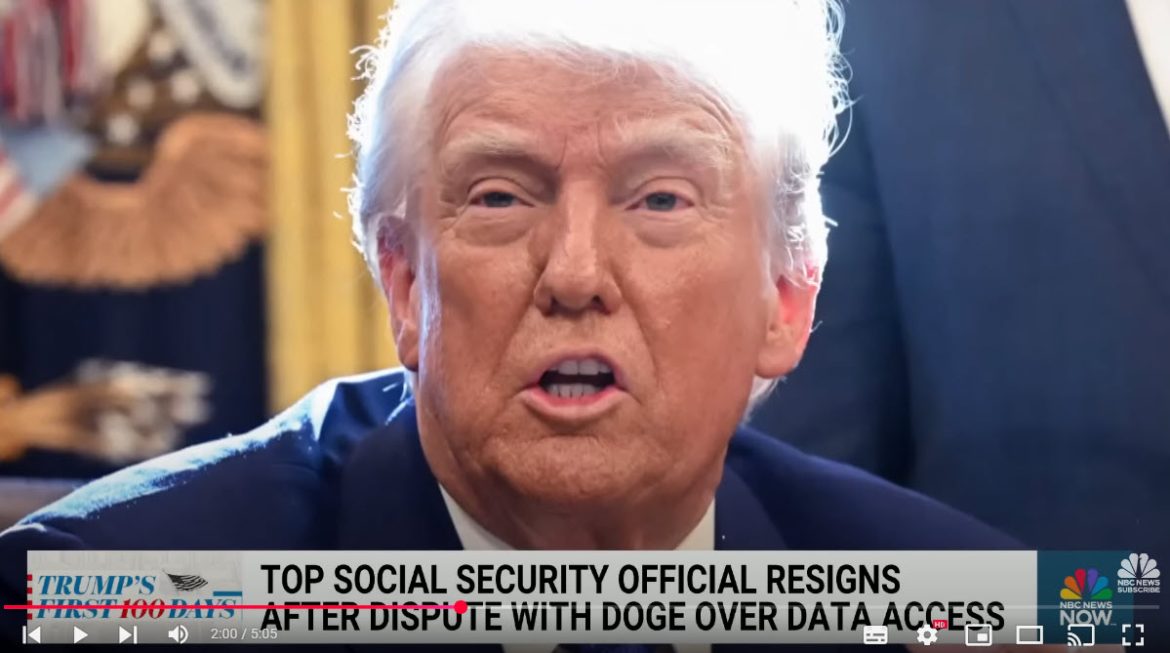In a significant development, Michelle King, the acting commissioner of the Social Security Administration (SSA), has resigned following a contentious disagreement with the Department of Government Efficiency (DOGE), led by Elon Musk. The dispute centers on DOGE’s request for access to sensitive SSA data, which King declined, citing concerns over privacy and data security.
King, a dedicated SSA employee since 1994, assumed the role of acting commissioner on January 20, 2025. Her tenure was abruptly cut short over the weekend when she chose to step down rather than comply with DOGE’s demands. In her place, Leland Dudek, an SSA official known for supporting DOGE’s anti-fraud initiatives, has been appointed as the new acting commissioner. Meanwhile, President Trump’s nominee for the permanent position, Frank Bisignano, awaits Senate confirmation.
The crux of the dispute lies in DOGE’s efforts to access the SSA’s extensive records, which include personal data and Social Security payment information for over 70 million Americans. Elon Musk has been vocal about his intentions to investigate alleged fraud within the Social Security system. He recently highlighted potential discrepancies, pointing out that SSA records list over 20 million individuals aged 100 or older. Musk suggests that these figures may indicate fraudulent activity, though experts note that such anomalies often result from unreported deaths or administrative errors.
This incident is part of a broader pattern of high-ranking officials departing their positions due to conflicts with DOGE over data access. Similar resignations have occurred in other federal agencies where leaders have resisted sharing sensitive information with DOGE. Critics argue that granting DOGE unchecked access to personal data could violate privacy laws and compromise national security. The American Civil Liberties Union (ACLU) has expressed concerns that such actions may infringe upon the Privacy Act and other federal statutes designed to protect individual information.
The White House, through Press Secretary Karoline Leavitt, has defended DOGE’s actions, emphasizing President Trump’s directive to root out fraud within federal programs. Leavitt stated that accessing SSA data is crucial for identifying and eliminating fraudulent claims, thereby ensuring the integrity of the Social Security system.
As this situation unfolds, it raises critical questions about the balance between governmental oversight and the protection of individual privacy rights. The outcome of this dispute may set significant precedents for how federal agencies handle sensitive data and the extent of authority granted to oversight bodies like DOGE.



